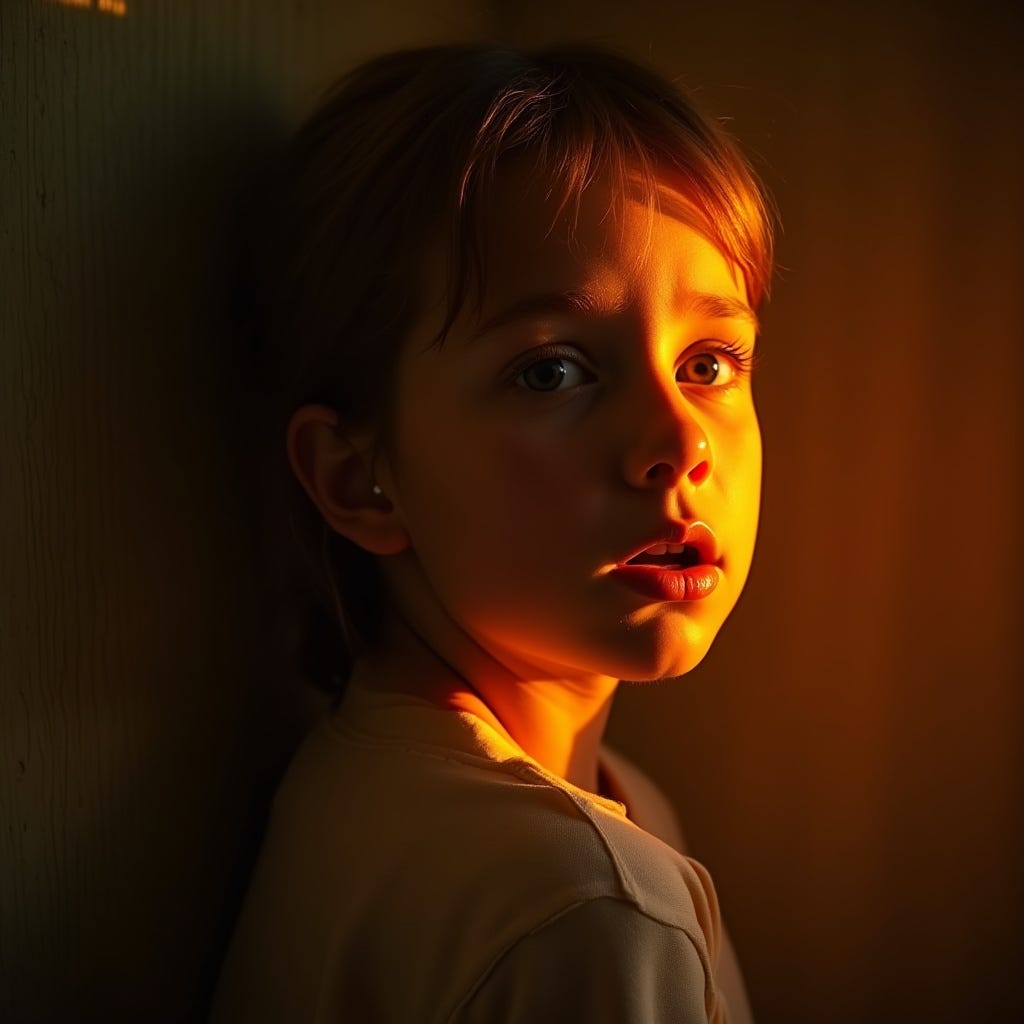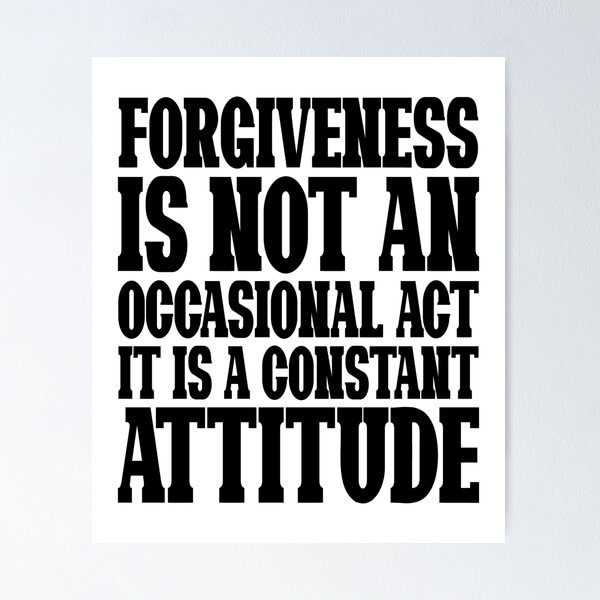Homage to Cruel Parents
“The paradox of trauma is that it has both the power to destroy and the power to transform and resurrect.” – Peter Levine

A few days have passed since the annual Mother’s Day and Father’s Day celebrations. I want to speak to those whose childhoods were shaped by parents who, for reasons of their own, were unable to love their children.
For those of us who feel the quiet ache during these holidays—who see the tributes and messages and can’t help but wonder what we did to deserve a mother or father whose legacy is marked by slaps, rants, or unfair punishments, you are not alone. Even after they’re gone, the echoes of that pain linger. My purpose here is to uplift and connect with those carrying that invisible weight.
Childhood trauma walked beside me from the age of 10 through... It could be said that the abuse followed me until my mid-30s, only ending upon my mother’s death. The emotional damage inflicted by both of my parents nearly broke me. In college, I turned to alcohol, and it quickly became a familiar escape. But in time, the very voices that tore me down began to fuel something deeper: resilience. Their relentless criticism became the fire that forged my strength. My fortitude? I am who I am today only through the Grace of God.
I was raised in a privileged home where material comfort was abundant, but emotional connection was not. Don’t pity me. While trauma can be paralyzing, it can also become a catalyst for profound transformation. That has been the path of my journey.
I remember punishments that rarely matched the so-called crime—outbursts of anger made public, bloody noses inflicted by my mother, clumps of hair yanked from my scalp by my father. My legs bore welts from yardsticks and branches torn from the bush outside our house. Slaps, beatings, and accusations of being an “ungrateful child” became the language of my childhood. And always, there were the reminders of how “lucky” I was to be adopted—as if shelter and food were gifts, not basic responsibilities. It wasn’t until adulthood that I understood: a roof over your head and meals on the table aren’t privileges—they’re the bare minimum every child deserves.
Why did I stay silent? My mother threatened to expose me as a terrible child, even saying she'd report me to my junior high school principal. So I kept quiet, swallowed the fear, and carried the shame alone. I hid the welts on my legs, too embarrassed to explain. It wasn’t until high school that I finally confided in someone—my best friend.
I wish I could tell you the abuse ended when I left for college. But it didn’t. As a freshman, the cruelty simply shifted form. When my father died of a heart attack at 67, while trying to break up a snowball fight between neighborhood boys, my mother found a new way to wound me: she blamed me for his death. Not long after, she drove me to a neighboring city, pulled up in front of the adoption agency, and shared a story I never asked to hear. She told me she had worked there for two years, searching for the “perfect baby.” At one point, she brought home a little boy, but decided to return him because she believed my father would have loved him too much. Then I came into the world via an unwed mother. Her perfect choice. Not my words—hers.
The trauma didn’t end after college—it followed me into adulthood. When my father passed away, I was told he died without a will. My mother and her attorney claimed that the only way I could receive any inheritance was to sign over my share of the family farmland to her. So I did. But that didn’t satisfy her. She continued to insert herself into my life, especially my marriage. Her presence became so toxic that my then-husband’s final words to me were: “I can’t take another day of your mother.” A year and a half later, I remarried—but this time, to a man who stood up for me and allowed me to walk away from my mother. I didn’t have to be the “good and obedient daughter” anymore.
After 37 years of abuse, my mother died in a car accident. On her kitchen table, I found a will—one final act of control. It stated that for me to receive any inheritance, I would have to divorce my husband and convert to Presbyterianism. (At the time, I was Lutheran.)
Why does this matter? Because when a parent is abusive, the harm doesn’t always end in childhood. Mothers and fathers who abuse often continue to exert control and cause pain well into their children’s adult lives—sometimes even from beyond the grave.
So when Mother’s Day or Father’s Day comes around each year, some of us suffer in silence. We quietly carry the weight of memories marked not by love, but by harsh words and the lasting pain abuse leaves behind. Sometimes, we even find ourselves wishing—or praying—that our lives hadn’t been so deeply shaped by that kind of sorrow.
The fifth commandment says, "Honor your father and your mother." As a child, I struggled with this. I often wanted to cry out to God, questioning why there wasn’t another commandment—one that simply said, "Do not hurt your children." It wasn’t until later that I came across Ephesians 6:4: "Fathers, do not provoke your children to anger, but bring them up in the discipline and instruction of the Lord." That verse offered clarity—God hadn’t ignored the suffering of children. As I’ve grown deeper in my walk with Jesus Christ, I’ve come to understand that God gave the command to honor our parents not because all parents would be honorable, but because He knew some wouldn’t be. He understood that clinging to hatred would only rob us of peace, joy, and the ability to build loving families of our own. Honoring doesn't mean forgetting or excusing abuse—it means choosing a path that frees our hearts from the grip of bitterness.
Parenting doesn’t come with a handbook, and unfortunately, some parents believe the only way to get through to a child is through harsh punishment. But harboring hatred toward your parents is like mixing poison for them — and then drinking it yourself. Years ago, I chose to let go of that hatred. I honor my parents now by reaching out to others who may have faced similar pain. God knows who you are. He loves you unconditionally and sees the wounds you carry from your parents’ actions. I encourage you to live out the fifth commandment by releasing your anger and embracing the true power of Christ’s love: forgiveness.
If your parents are still alive and there’s a chance for reconciliation, I encourage you to take that step. Before my mother passed away, I made several attempts to talk with her, trying to help her understand that she needed to stop interfering in my marriage, my son’s life, and the constant threats she made throughout my adulthood. But she refused to listen. At one point, I even reached out to her attorney and asked for help, but he did nothing. Having these conversations, regardless of the outcome, has freed me from any guilt about trying to reconcile. I know I did all I could.
It’s okay to feel sadness on Mother’s Day or Father’s Day. It’s natural to reflect on what could have been—or what should have been. But try to spend only a few moments there. Then, gather your strength, honor your mother and father as God commands in the Ten Commandments, and recognize that you have survived the hardship. Life, with good parents, perfect circumstances, or even a strong faith, is often complicated. Yet here you are, still standing.
If reconciliation with living parents isn’t possible, take the time to find peace with your parents who have passed. Most importantly, commit yourself every day—and in every moment—to breaking the cycle and not repeating the same mistakes with your children.







Paula, what a heartbreaking story yet what a testament to the power of an awesome God! Thank you for your transparency and for the encouragement your story is for so many others!